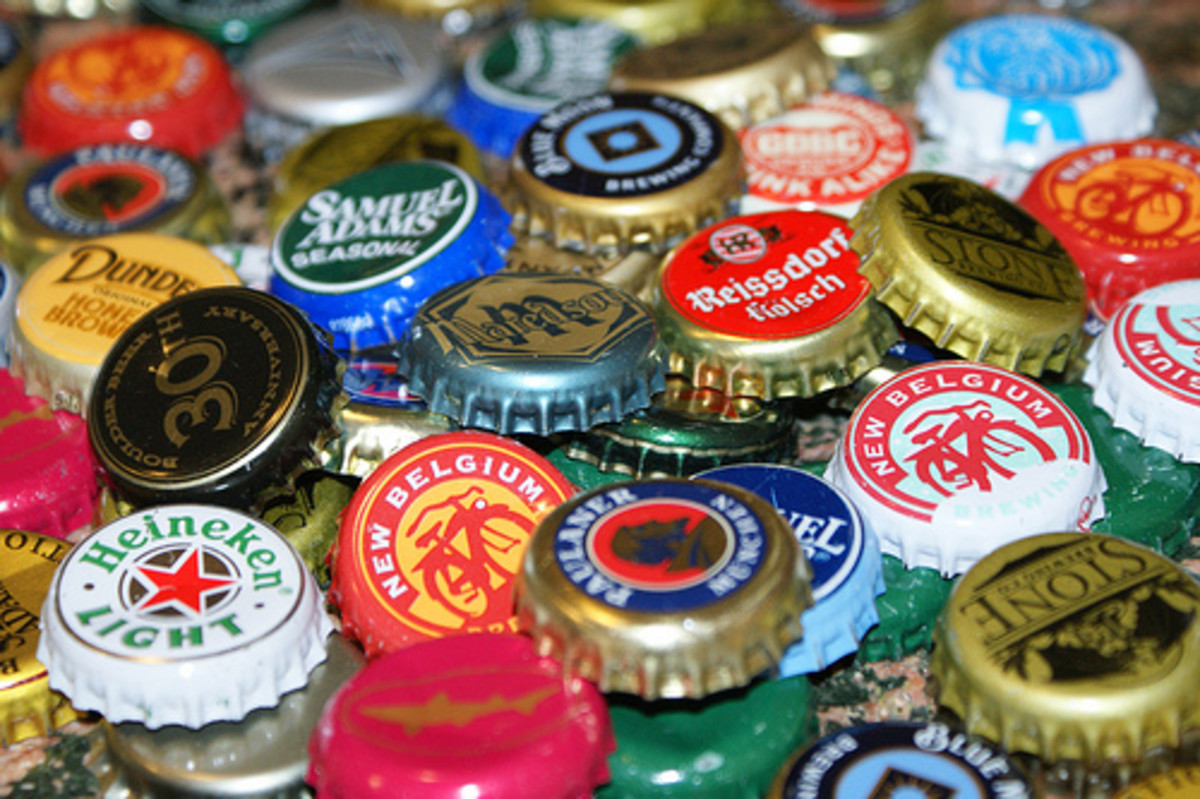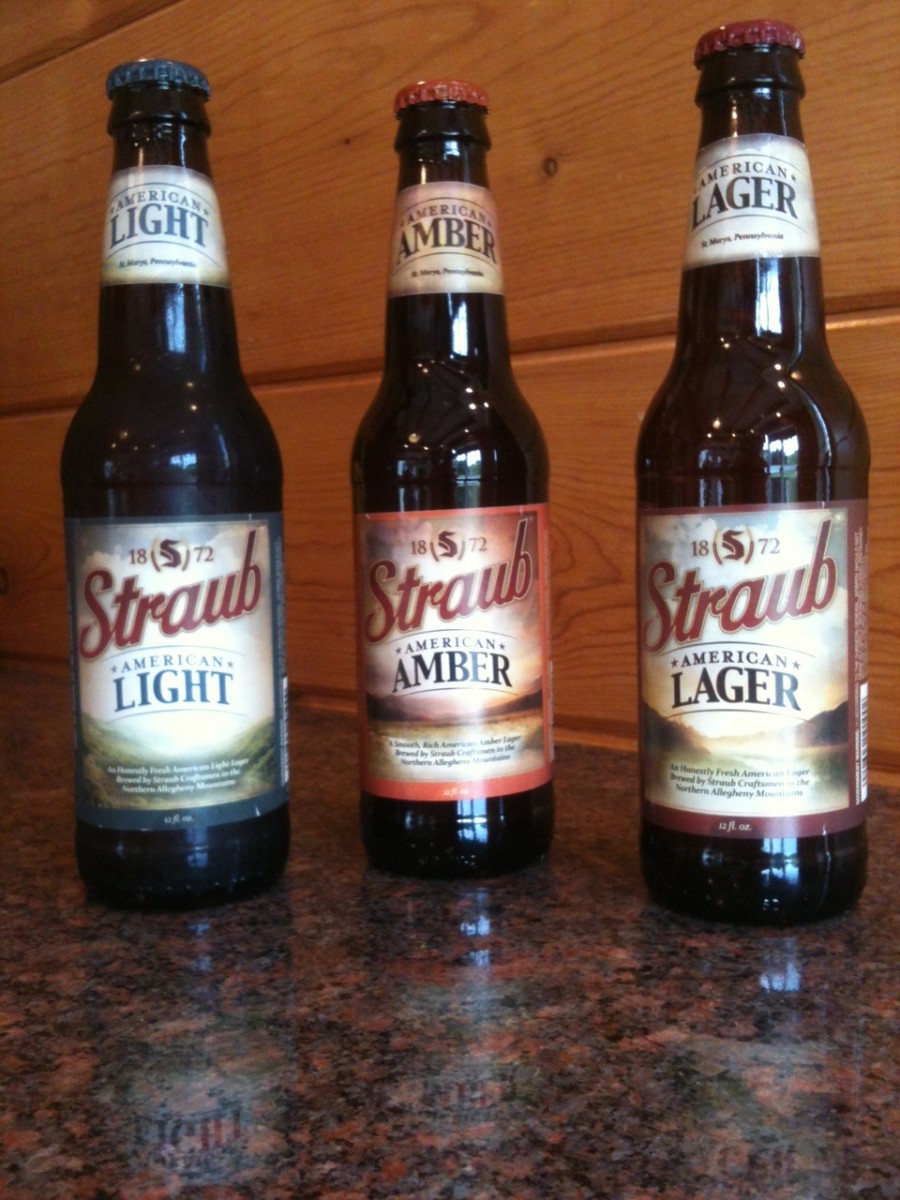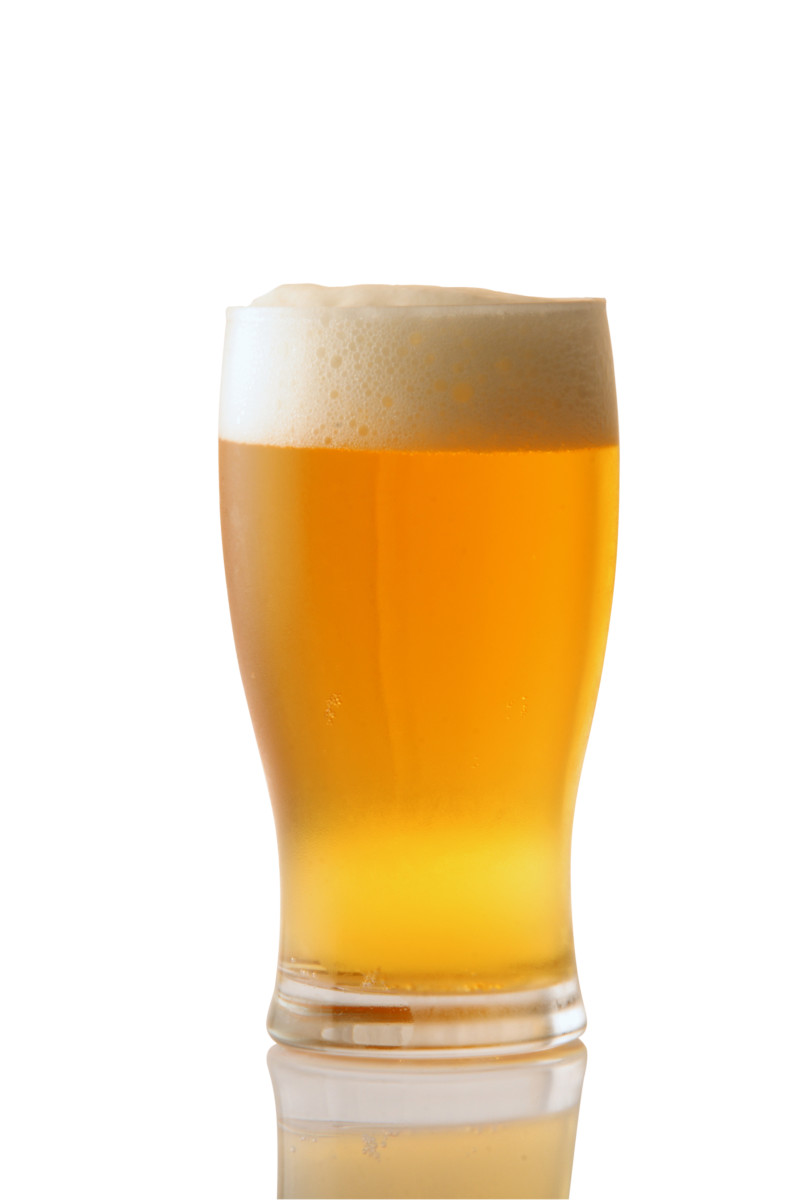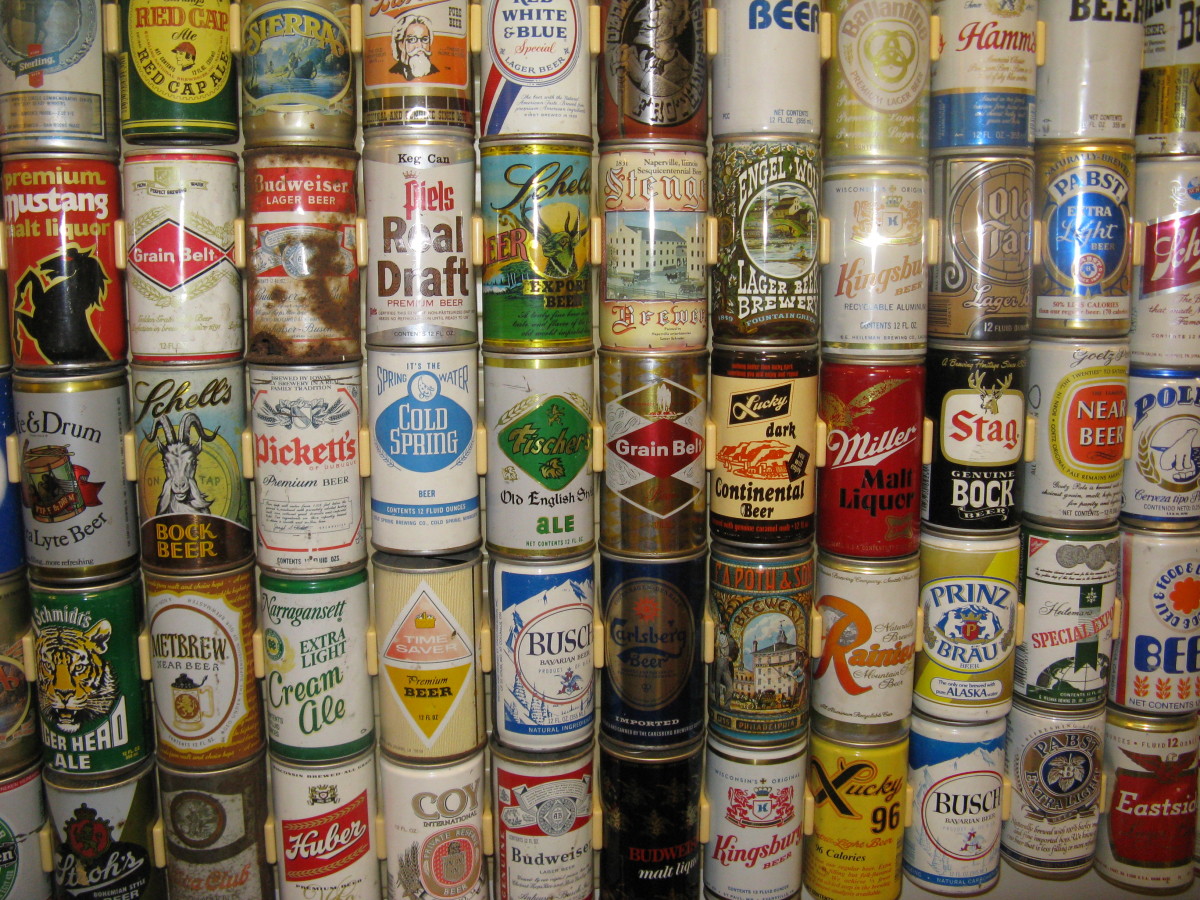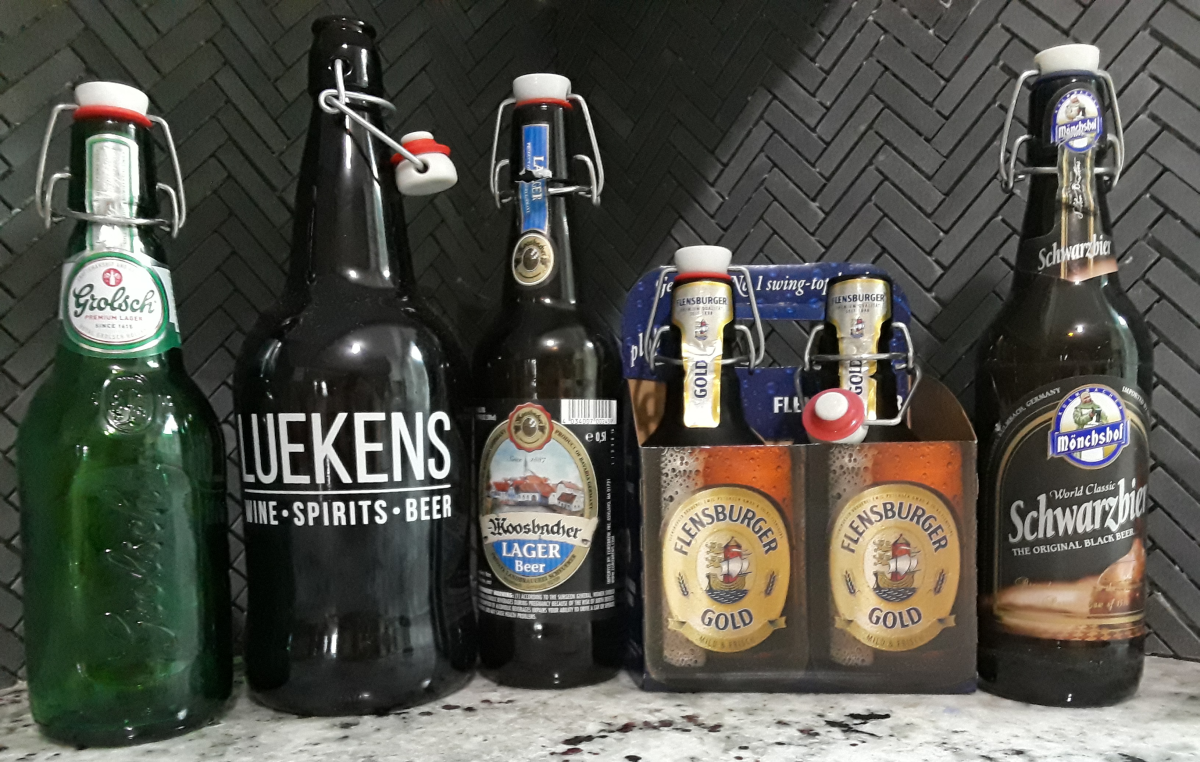Difference Between Lager and Ale
The difference between lager and ale, both popular categories of beer, may not be so subtle to the taste buds of the occasional beer drinker. After all, it's really hard to tell the difference between these two just by taste alone, unless one is a true beer connoisseur. Moreover, beer bottle labels may not help much providing some distinctions between ale and lager considering that some breweries don't label their products as lagers or ales. So how do these two beer categories differ from each other?
It has often been believed that lagers and ales can be distinguished from each other based on their alcohol content and color. However, that's entirely an inaccurate way of distinguishing both considering that both lagers and ales have subclasses that can either have low-alcohol or high-alcohol content. Furthermore, ales and lagers can either appear dark or pale-colored depending on the flavor-enhancing ingredients, such as malts and hops, infused into the beverage during the brewing process. Using the beer's color as a distinction factor may have been probably anchored on the fact that light-colored lagers, commonly known as “pale lagers”, are the most popularly consumed beers around the world, and thus, leading the beer drinkers into thinking that lagers are generally light-colored beers.
Main Difference Between Lager and Ale
The real difference between these two beer categories mainly lies on the type of the yeast strains used during the brewing process. Typically, top-fermenting yeasts are used when brewing ales; on the other hand, bottom-fermenting yeasts are used for brewing lagers.
Beer-brewing processes using each type of yeast involves a different fermentation process. Generally, ales are fermented under warmer temperatures and are stored for shorter periods prior to bottling. On the other hand, lagers are fermented at colder temperatures and are stored (“lagered” in beer language) for longer periods prior to bottling. Because of the different fermentation process involved (as a result of the different yeast strains used), ales tend to have a full, fruity flavor while lagers, on the other, tend to have a crisp, less fruity, and clean flavor.
Lager vs. Ale - Which Is Better?
Occasional beer-drinkers and beer-lovers alike don't really mind which of the two is the better brew. Drinking either ale or lager usually depends on the drinkers preference or mood at any given moment much like choosing between red wine or white wine. Drinking beer is one of the pleasures in life and as such, having a variety of beer brews available certainly excites every beer drinker in the world wherever they may be.
As a Recap:
1. Ales and Lagers are both subcategories of beer.
2. Ales are brewed using a top-fermenting yeast strain.
3. Lagers are brewed using a bottom-fermenting yeast strain.
4. Ales tend to have a full-bodied, fruity flavor.
5. Lagers tend to have a crisp, moderate and smooth flavor.
6. Alcohol content and color isn't an accurate way of differentiating lagers from ales.

